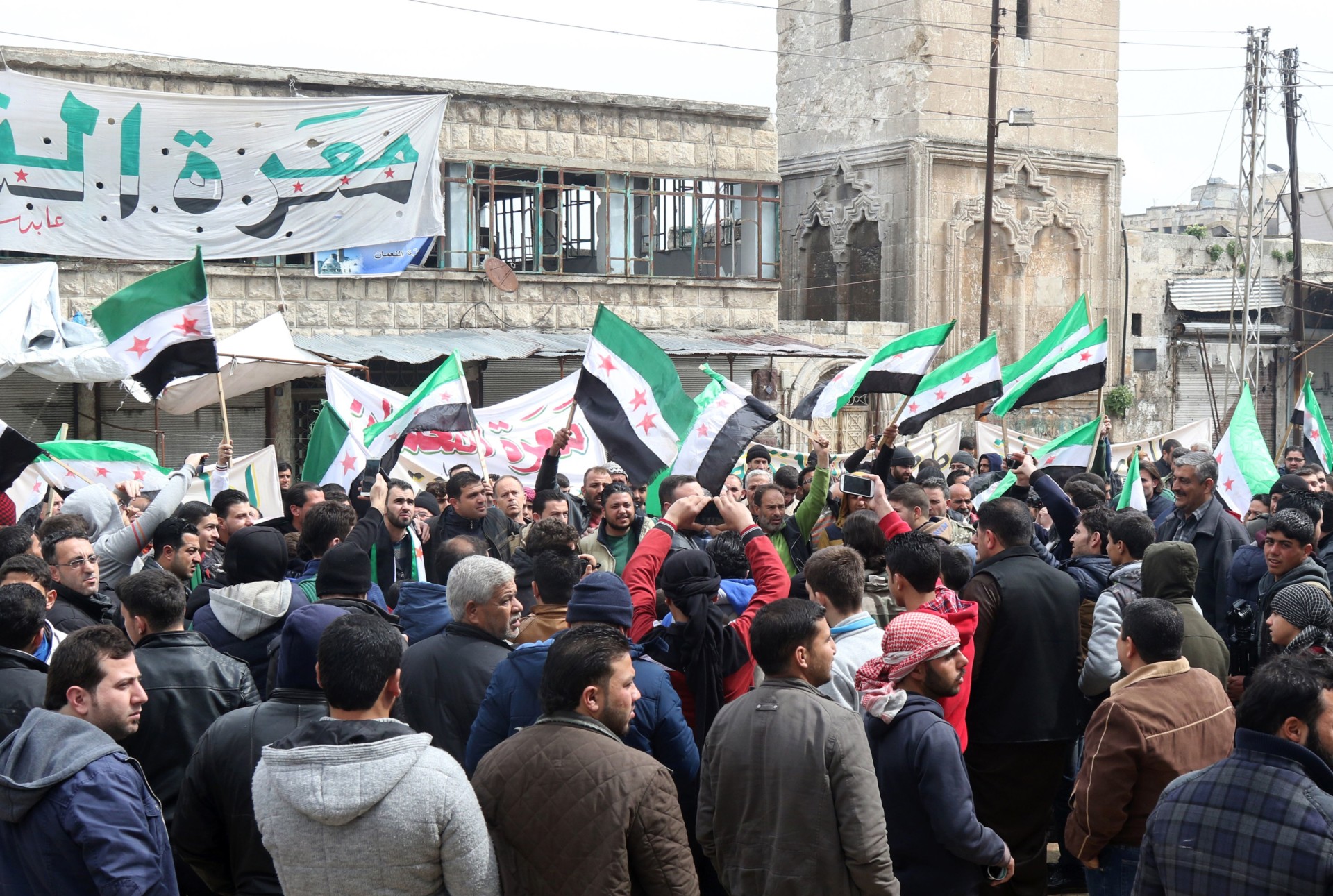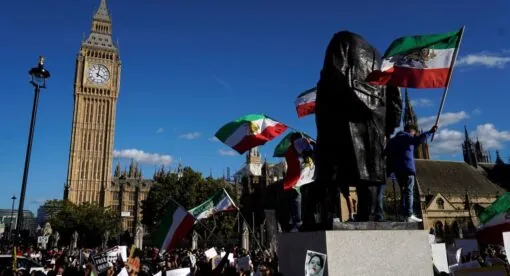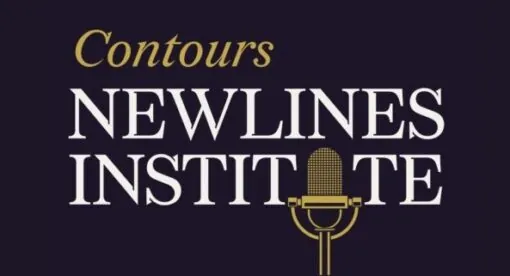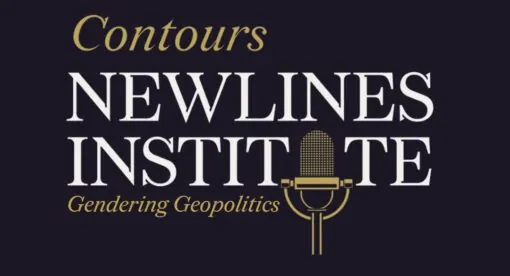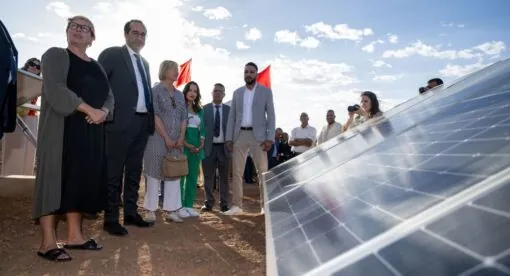Editor’s Note: This insider account was written by a contact in Lebanon who did not wish to be identified for safety reasons. Newlines Institute will occasionally publish analyses from unnamed but informed sources to protect their identities. The views expressed in this article are those of the author and not an official policy or position of the Newlines Institute.
Syrians will be voting for a new legislative chamber in July, the third election since the outbreak of the conflict in March 2011. Most Syrians ridicule the election process since only pro-regime candidates are permitted to stand for office, and only after being vetted by security services, meaning there is no opposition in the Syrian Chamber of Deputies, neither secular nor Islamist, radical or mild. The fact that over half the chamber’s 250 seats are reserved for the ruling Baath Party and its allies in the National Progressive Front (NPF) makes the election insignificant at first glance.
However, the 2020 vote will be particularly interesting as it will produce the chamber that will sign off on the new constitution, when completed, and will nominate the next president. For that reason, not even the regime-friendly so-called opposition that is based in Damascus, generally believed to be affiliated with security services, have been allowed to run. Russian-backed members of the loyalist opposition (which calls for change but under the current leadership) have also failed to take part in the elections. Instead, war profiteers are now gracing the election billboards, along with former militiamen who have dropped their guns and are now eyeing political office.
Militiamen Turned Politicians
Militiamen running for parliament include Abdul Illah Abdo of the Quds Brigade; Omar Hassan of the Baqir Brigade; Fadel Wardeh of the Baath who headed military activity in the Hama countryside; Basel Soudan of the Baath Phalange (running for office in Latakia); and Hadi Sharaf, whose brother heads the Syrian branch of Hezbollah’s Martyr’s Organization. All of these men were unheard of prior to 2012. They fought with the Iranians and Hezbollah until 2015, then moved into the Russian orbit. After the Russians started to disband these organizations, they began finding new jobs for many of the groups’ members — among which was the Syrian Chamber. The most prominent militia leader, no doubt, is Baraa Qaterji, a smuggler-turned-politician who currently serves on the U.N.-mandated Constitutional Committee. He was elected to parliament in 2016, representing his native Aleppo, and has scored points with the regime for bankrolling the state in the purchase of oil and gas from Iran and paying monthly salaries for militiamen.
A total of six militia leaders are currently running for office, in addition to 15 who were involved in militia activity. Not all of them are Alawites and Shiites; the list includes Sunnis like Mohammad Shaaban Berri, who hails from the َQays, a prominent Bedouin tribe that fought alongside Hezbollah in the battles of the Aleppo countryside in 2016. Additionally, an unspoken quota has been set aside for the families of soldiers injured or killed in warfare, mostly members of the Alawite community.
According to an informal breakdown of seats in the chamber, this is how the distribution of seats will be:

Given that the governorate of Idlib is out of government control, its elections will take place in the city of Hamah. Citizens originally from cities and towns currently occupied by the Turks such as Jarablus, Azaz, and al-Bab who wish to vote in their new locations will also be allowed to cast ballots in government-held cities. The lion’s share of the 65 available independent seats will be contested by a broad heterogeneous coalition of businessmen, tribal leaders, artists, and religious clerics. Topping the independent lists in the capital is the Sunni businessman Mohammad Hamsho, who along with his family was targeted by name in the Caesar Syrian Civilian Protection Act recently passed by the U.S. Congress. Running against him in the capital is Samer Debs, his former parliamentary ally who heads the Damascus Chamber of Industry. Of similar stature is Fares Shehabi, another Sunni who heads the Aleppo Chamber of Industry, also running as an independent.
Shifting Party Power
Another important development is that the Syrian Social Nationalist Party (SSNP), the second-most-influential party in Syria after the Baath, has been banned from running for parliament and disbanded just months before the election. The SSNP was the oldest party in Syria, dating back to the early 1930s, and it boasted a cross-sectarian power base, with plenty of young men from the Alawite, Christian, Druze, and Sunni Muslim communities. In the 1950s, the party regularly competed with the Baath and other ideological parties like the Muslim Brotherhood and the Syrian Communist Party. The SSNP is out in 2020, however, due to its affiliation with Rami Makhlouf, cousin of President Bashar al-Assad, who quarreled with the regime earlier this year over erosion of his political influence and tax evasion. His party was the second biggest bloc in Parliament with a steady rise in representation: three seats in 2007, five in 2012, and then seven in 2016. They were preparing to get anywhere between 10 and 15 MPs in the 2020 parliament. The third runner up after the Baath and the SSNP is the Syrian Communist Party, headed by Ammar Bakdash. It remains organized, popular at a grassroots level, and solidly pro-Russia.
The Baath Party itself currently holds 168 out of 250 seats in Parliament, all won in 2016. The only change this year is that the Baathists underwent an internal election to determine who gets to nominate himself on behalf of the party. Previous perks for party officials, like a free house and an automobile, have all been canceled due to the cash-strapped Syrian economy, and incoming Baath MPs have been told that they ought to expect no financial reward for their service, hoping that this will keep only the most committed and loyal in the 2020 chamber. These candidates, when elected, will make sure that not a single article is approved in the next constitution if it contains the slightest challenge to the president’s powers. The constitutional talks, which started in October 2019 and have been repeatedly postponed due to COVID-19, are expected to resume next August. They ought to produce a new charter by mid-2021, ahead of the presidential election.
Russian lawmakers tried unsuccessfully in 2018 to push a constitutional draft that eliminated 23 of the president’s powers, like the right to name the prime minister, cabinet, and the governor of the Central Bank, but kept the office control of the army and security services. If any of those clauses are imposed on the Constitutional Committee in Geneva, the next parliament will be tasked with rejecting them from within the chamber.
Another sticking point is presidential tenure. According to the Russian draft, the president of the republic gets two terms only, starting from the day after a new constitution is adopted. That means that President Bashar al-Assad’s first 21 years in power won’t count and he will get to stay around for up to an additional two terms, which would end in 2035. But if the constitution is passed the day after the president is sworn in, this clause wouldn’t go into effect until after his fourth term ends in 2028, effectively keeping Assad in power until 2042.
With that ambition in mind, the next chamber will try to delay the passing of any new constitution until after the presidential elections take place in May 2021. And when it does pass, it will be no more than sugar-coating a Russian-engineered, regime-orchestrated endgame, tailor-made to suit the Kremlin and Damascus alike.

